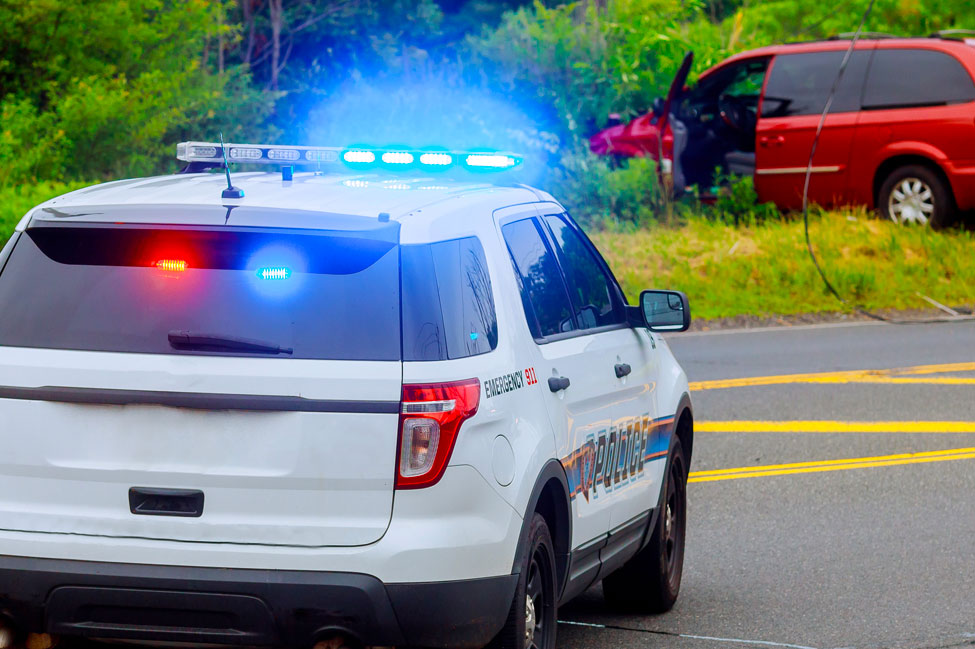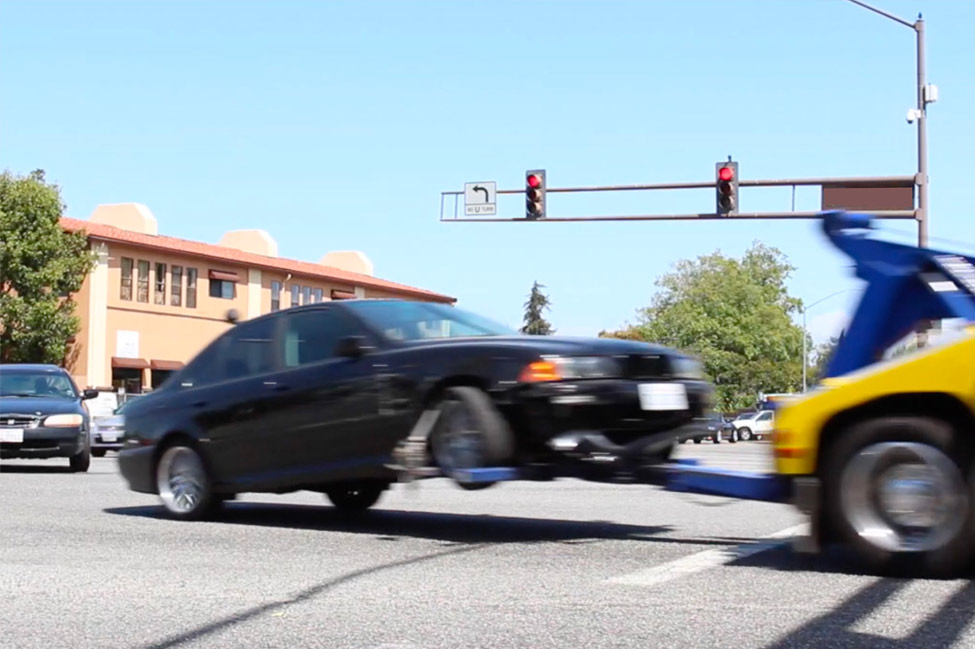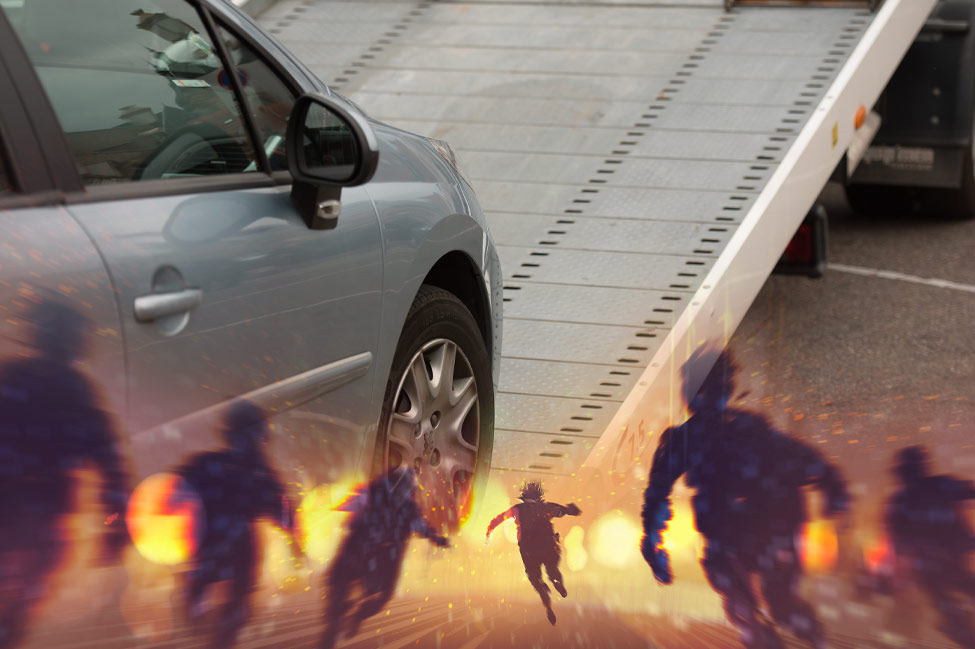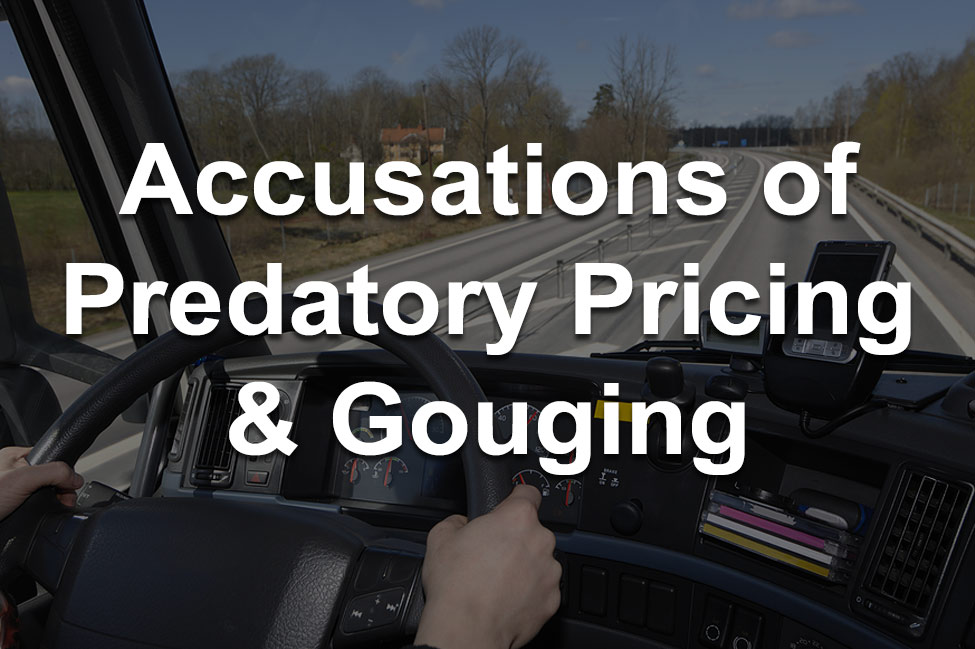After working a midnight tractor-trailer accident that was quite labor intensive, I was reminded of the importance of relationship management in the towing industry. The wreck was a 53-footer loaded with retail goods. During transport, the brakes locked up, causing a fire that completely engulfed the trailer. There was dog food, water bottles, paper goods, health and beauty products, and more – all mixed together in a disgusting wet, ashy mess. And because we feared it might reignite and that the roof might collapse if we tried to move it, all that mess had to be removed from the trailer—roadside.
After the fire department extinguished the flames, a hole was cut in the front of the trailer so that soiled contents could be hooked and dragged out. From both ends, we used wreckers, chains, and skid steers to get the job done. It was then loaded into dump trucks, taken to our lot, and dumped. With many dozens of man-hours and numerous pieces of equipment, we finally completed the job around 4 AM. And when we finally received the all-clear from the Health Department the next day, we were able to reload the material into dump trucks and take it to the landfill. It was quite an event.
When the emergency was over, I gathered the expenses, figured out the bill, and sent it over to the trucking company for payment. My first thought was how to get your towing bill paid with zero cargo and a burned-out trailer.
Now, these recoveries cost quite a bit more than a basic tow. It usually runs into multiple thousands of dollars. And since that’s the case, I’m quite accustomed to questions regarding the charges. Insurance companies and company reps alike don’t understand what it takes to complete such a huge endeavor, especially in the middle of the night with a Trooper-enforced time frame. And when they get a look at the invoice— many of these guys… follow up with aggressive questioning.
Three days after the job was completed, I received a call from Henry from the trucking company. To say that he was unhappy with the bill was an understatement. He was steaming…you could almost hear his teeth gnashing. I answered all of his questions and gave him justification for every item on the invoice, and still, he wanted to fight. He was determined to cherry-pick my charges and dispute the validity of something. And although I was annoyed at the suggestion that we hadn’t earned what was billed for, I kept my cool. I held back and refused to respond with the same vitriol and venom he spewed.
And when he had finished nit-picking, he asked one final question. He asked if I felt comfortable with all of the charges on the invoice. When I confidently told him that I did, he huffed and said something like, “we’ll see about this.”
Almost a week went by, and finally, I received a call from another company rep. His name was John. John was friendly and sincere. His; “Hey, how’s it going?” manner…drew me in. He was cordial and apologized for the delay in getting us paid and asked if he could discuss the invoice with me.
In an instant, I was on the defense…my adrenaline began pumping because I suspected I was in for a fight.
He asked about the labor and the fuel recovery, and other items. And…well, he did it in such a way that… was kind and understanding…like he’d been in my shoes at another station in life. When I responded to his questions with thorough, reasoned remarks and justification for the charges, he didn’t challenge me. And even though I knew his kindness shielded an ulterior motive (lowering the bill), I couldn’t help but like John. So when he asked if there was anything I could do to help him out…I gave in.
He explained that the trailer was the property of another company and that his company was taking responsibility for everything. They already had the expense of all that cargo, $82,000, a total loss from the water and smoke damage. And now my bill.
John knew that, when catching flies, honey works better than vinegar. And it worked, I helped him out, and in the end, we got a little more work out of it (towing it to salvage). But the biggest victory of all was…the ability to maintain a good relationship with John’s company.
In the towing business, conflict is inevitable; you’re going to butt up against trucking companies, insurance companies, and others who, plain— don’t understand what it takes to get the job done. In a perfect world, you’d have the opportunity to educate your customers before a mishap occurs. The type of education I’m talking about enables them to see all the work that goes into the recovery and remediation required when major traffic accidents occur. Barring that, if your goal is to maintain the relationship, you must properly manage these tension-filled situations and try to remain on the same side of the fence as your customer.







Leave A Comment